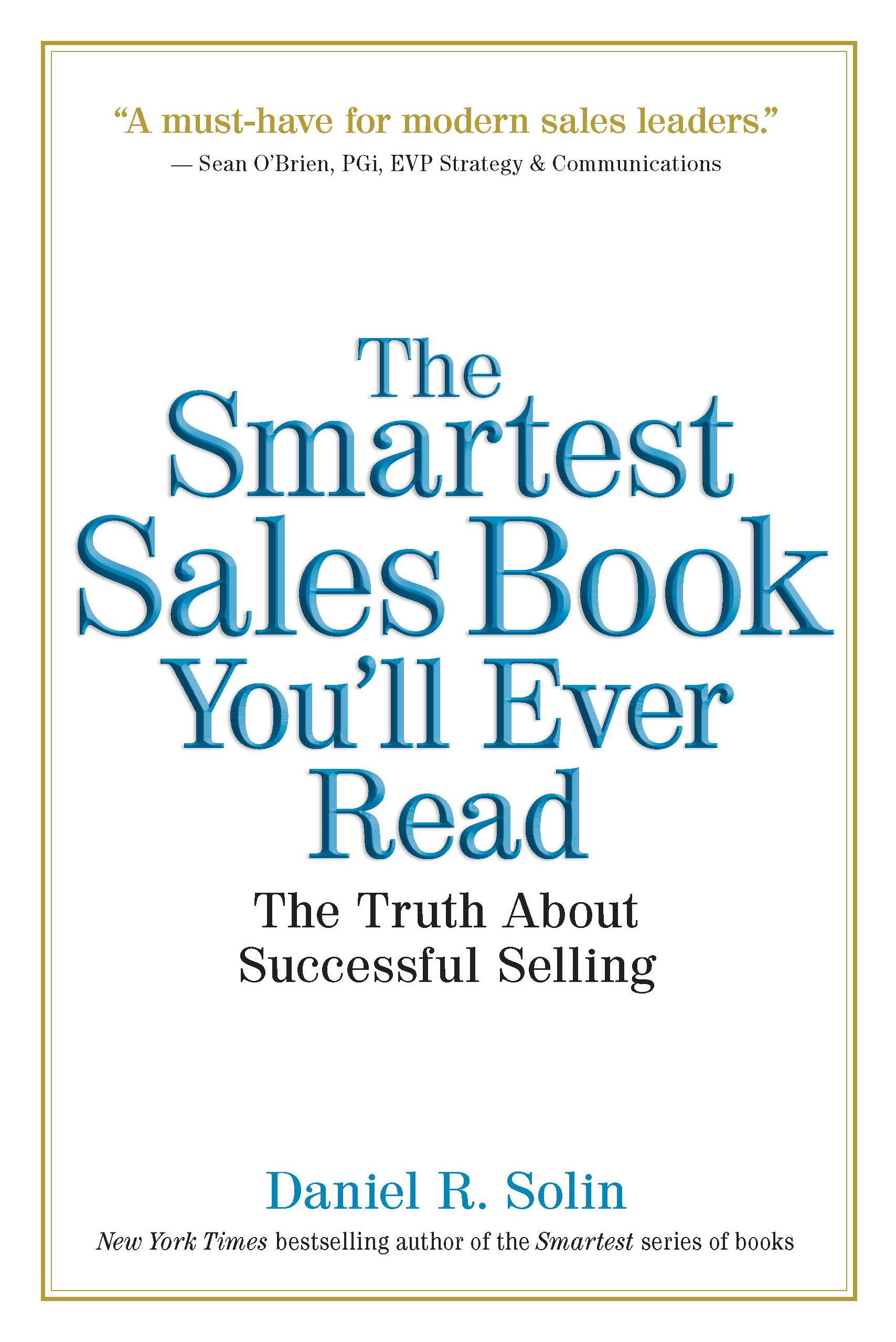An algorithm is defined as a set of detailed instructions that result in a predictable end-state from a known beginning.
The discovery of an algorithm that would consistently generate outsized returns would be the holy grail of investing. The individual who came up with such an algorithm and published the methodology in a peer-reviewed journal would be a serious candidate for the Nobel Memorial Prize in Economic Sciences. To date, no one has done so.
This is not surprising. As my colleague Larry Swedroe noted, the market is "forward looking" and incorporates all publicly available information into current prices. The issue is not (as many investors believe) whether news is good or bad. It's whether the news is "better or worse than already expected."
No algorithm can accurately predict surprising news. By definition, a "surprise" is both random and unpredictable.
Notwithstanding this compelling logic, investors are often seduced by the "algorithm scam." A broker, advisor or hedge fund operator claims to have a "black box" that will predict future prices. Sometimes the people making these claims have superb credentials, which make their pitch more appealing.
According to Bloomberg, a former professor and associate dean at the MIT Sloan School of Management and his son made fake claims of outsized returns based on the use of a model created by the professor. They claimed the model generated average annual returns of 16 percent to 23 percent. They raised more than $500 million from investors who presumably believed the professor had created an algorithm that could generate these outsized returns.
Instead of using the trading model, funds were allegedly invested in "funds of funds." They also invested in Bernie Madoff's firm and in Madoff feeder funds.
Both the father and son agreed to plead guilty to one count of conspiracy to commit securities fraud, wire fraud and falsifying documents. They face a maximum sentence of five years in prison, according to agreements with prosecutors.
The appeal of a "market beating" algorithm is so strong that even sophisticated investment funds have allegedly succumbed to it.
This type of fraud is particularly insidious because it's difficult to verify. If you ask the creator of an algorithm to tell you how it works, he or she will often claim it's "proprietary" and instead will show you back-tested data supporting its efficacy. The problem with back-tested data is that it produces hypothetical results by showing how investments would have performed if the strategy at issue were implemented. It's easy to misrepresent back-tested data.
It's disarmingly simple to avoid algorithm fraud: Don't invest with anyone who claims to have discovered an algorithm than can "beat the markets." Unfortunately, this is hard for some to follow. We want to believe someone can create order out of chaos. As science writer Michael Shermer accurately observed: "Humans are pattern-seeking story-telling animals, and we are quite adept at telling stories about patterns, whether they exist or not."
 Dan Solin is the director of investor advocacy for the BAM ALLIANCE and a wealth advisor with Buckingham. He is a New York Times best-selling author of the Smartest series of books. His latest book is The Smartest Sales Book You'll Ever Read.
Dan Solin is the director of investor advocacy for the BAM ALLIANCE and a wealth advisor with Buckingham. He is a New York Times best-selling author of the Smartest series of books. His latest book is The Smartest Sales Book You'll Ever Read.
The views of the author are his alone and may not represent the views of his affiliated firms. Any data, information and content on this blog is for information purposes only and should not be construed as an offer of advisory services.

